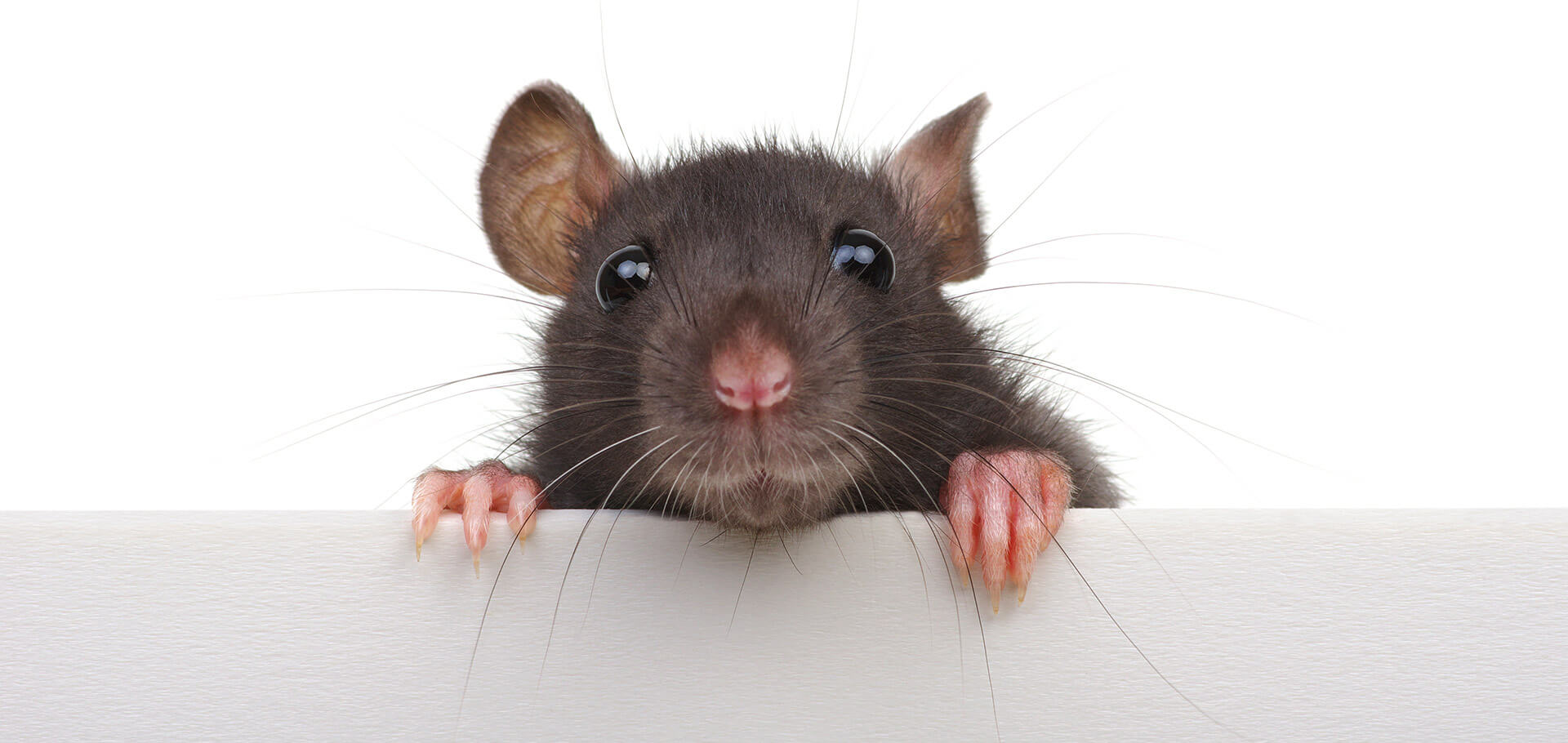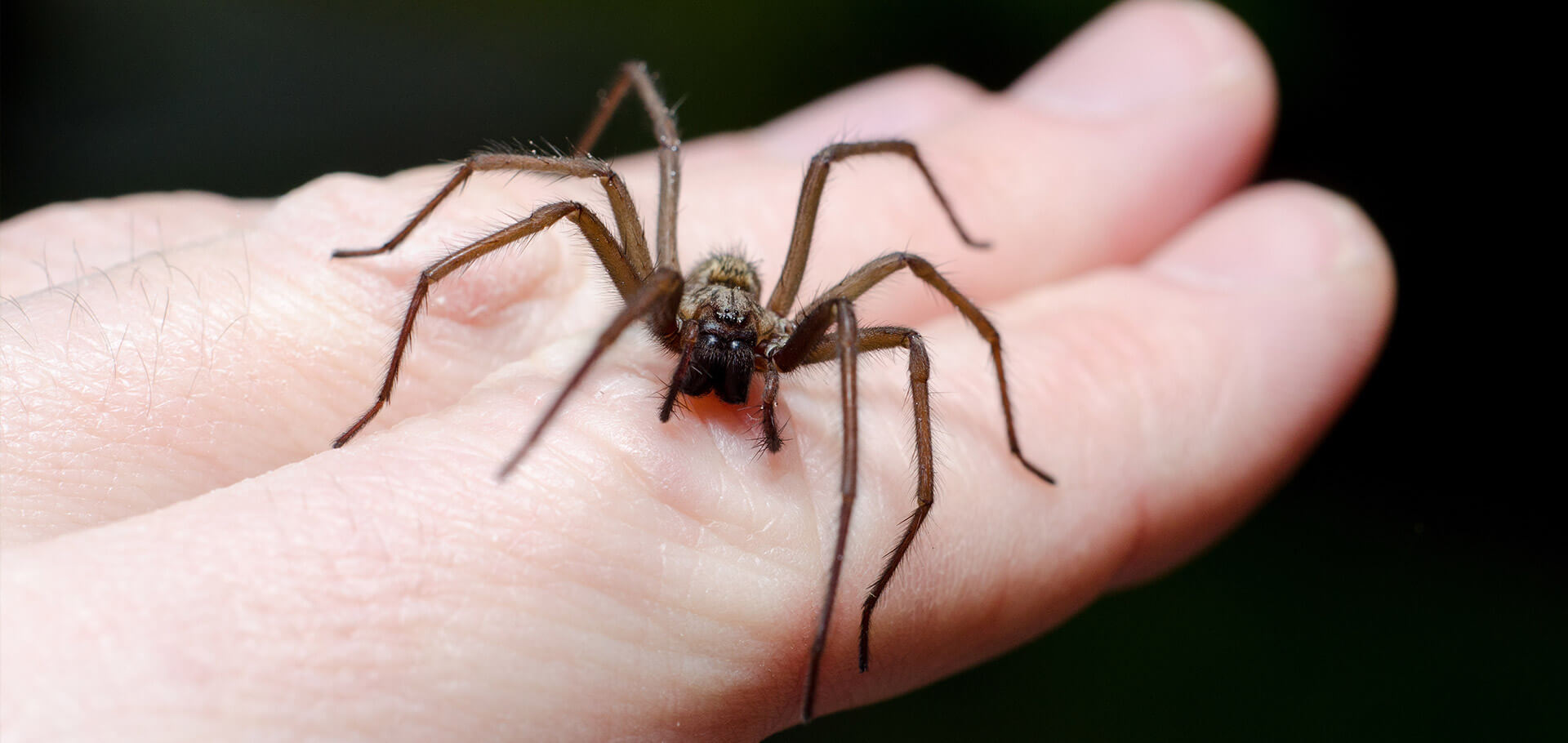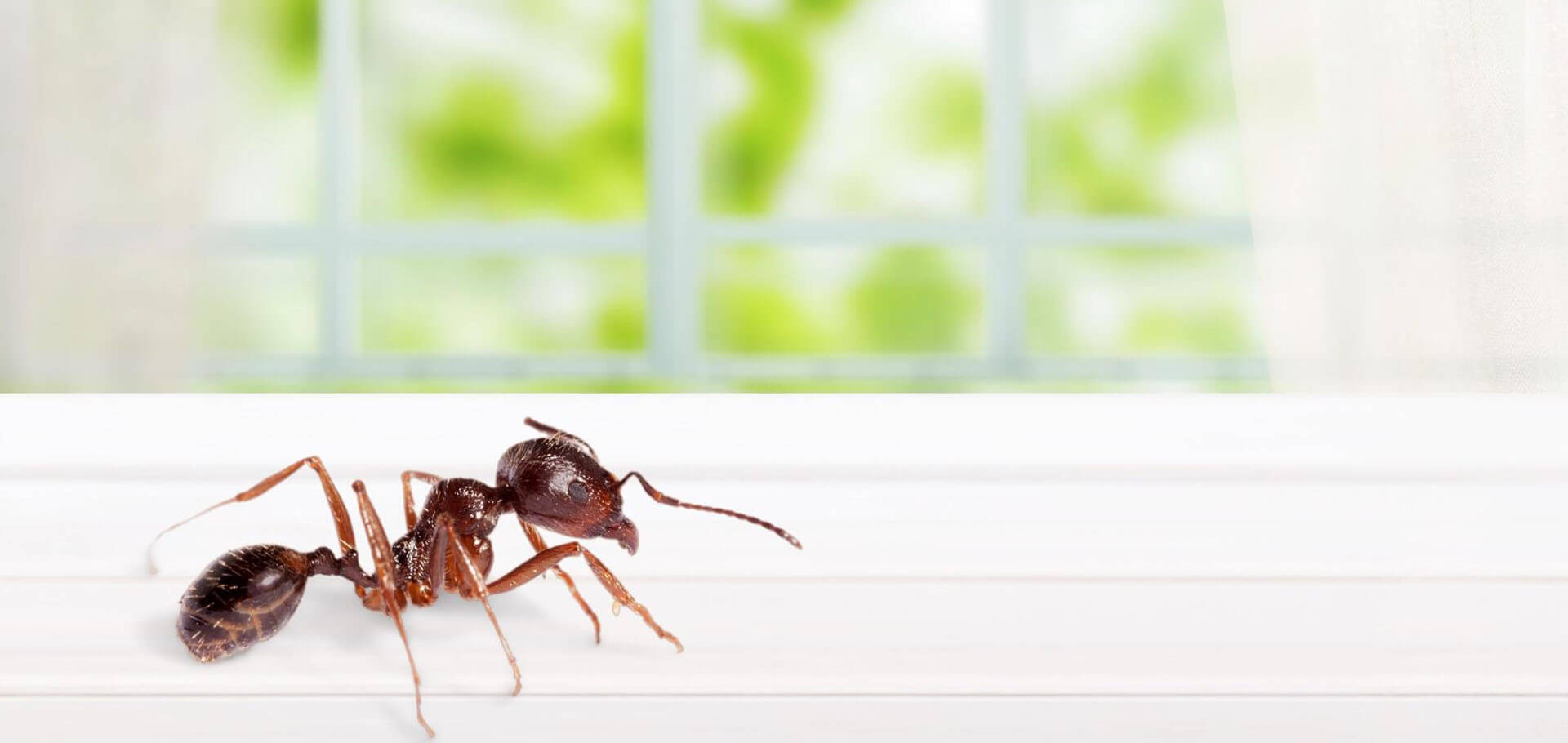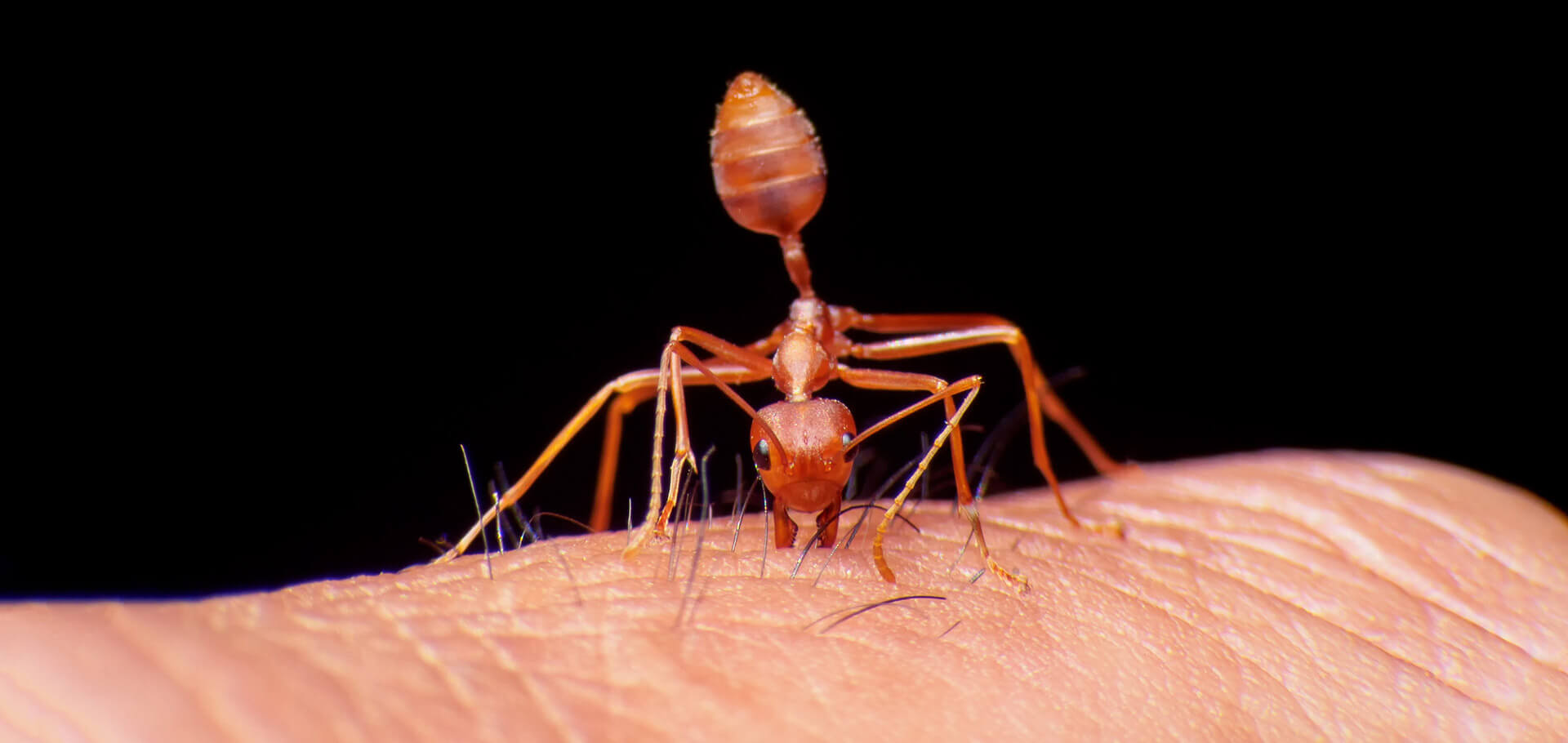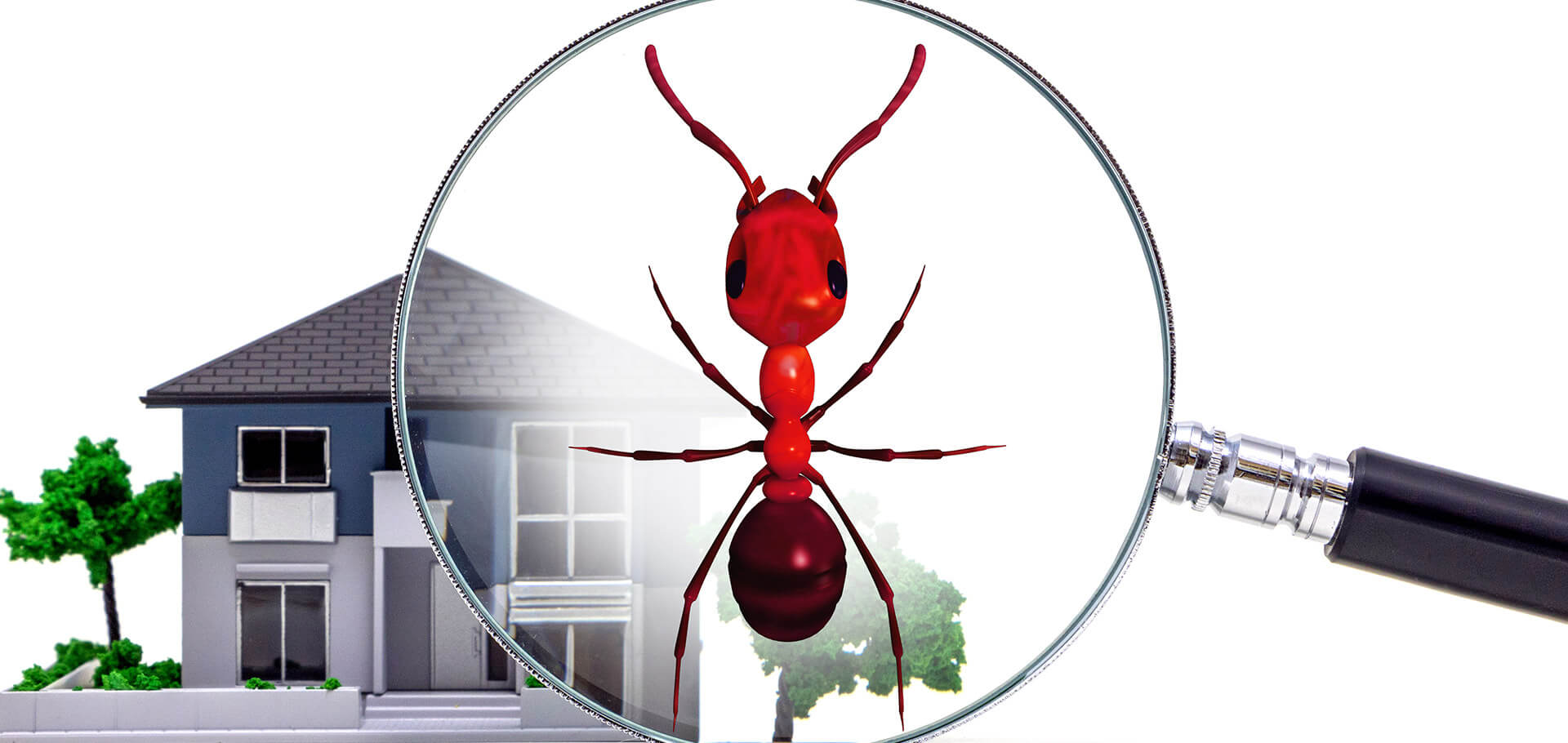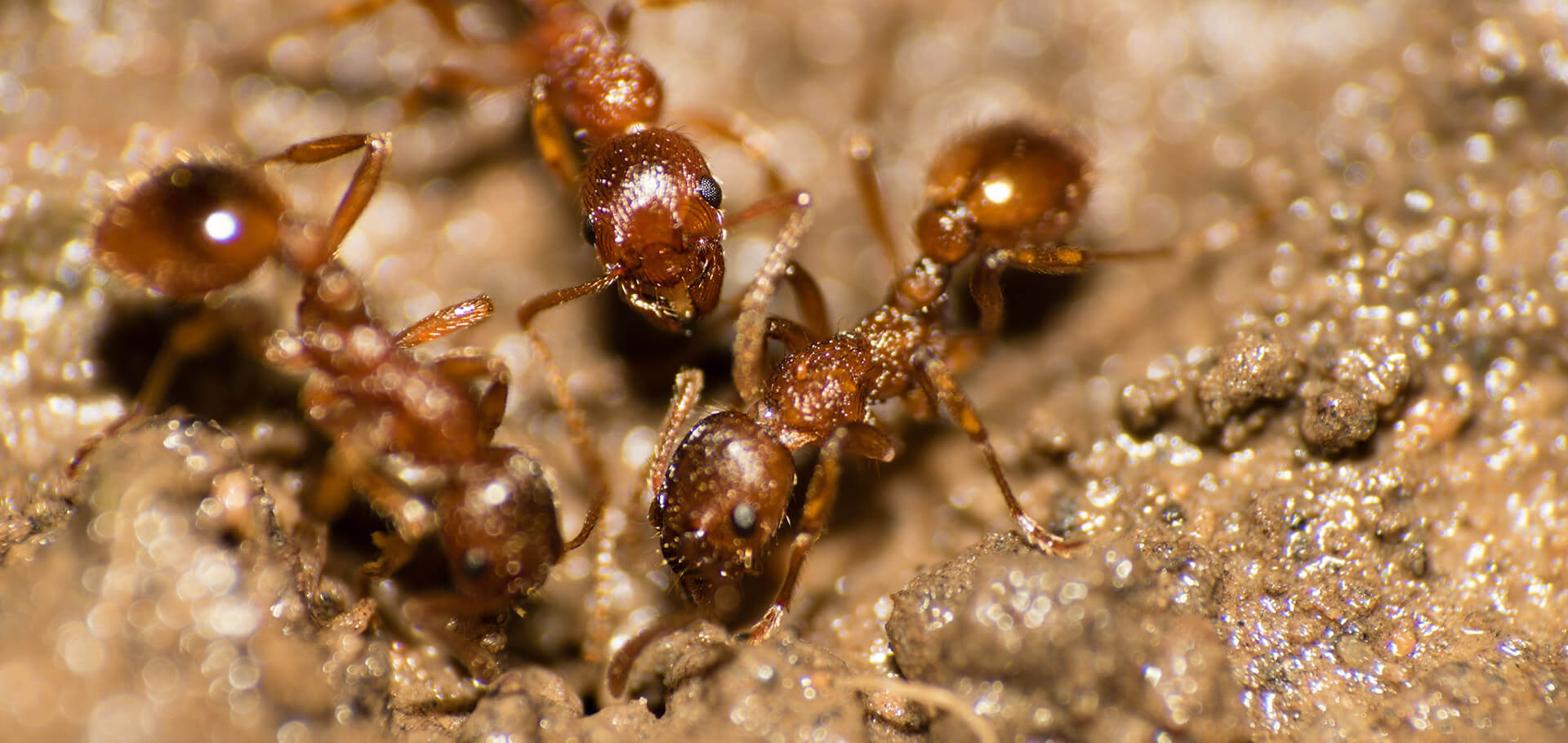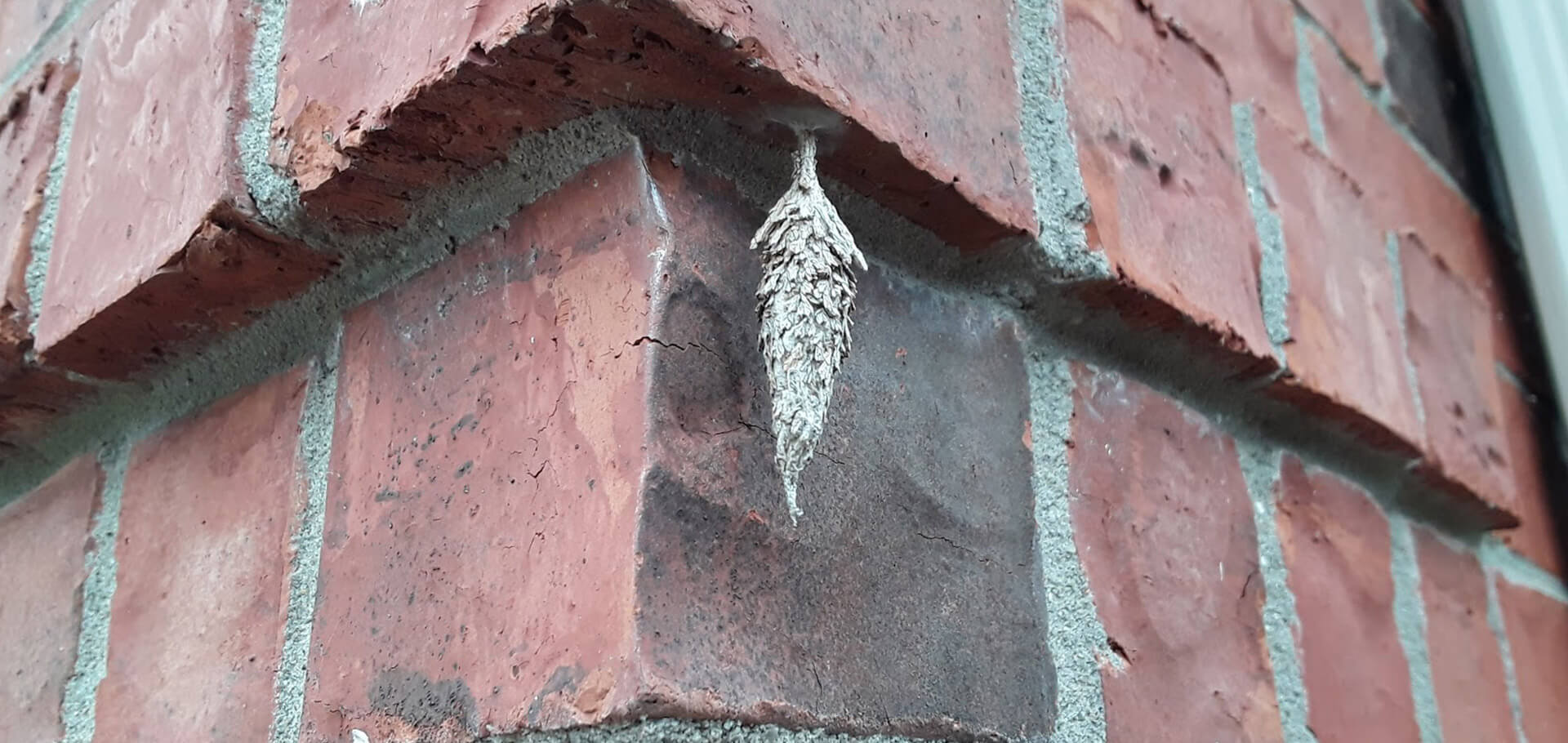Have you been waking up to small footprints on your counter or worse, droppings? Are your nights interrupted by scratching or squeaking? Chances are you have either rats or mice in your home. Having a rat or mouse problem can be problematic for many reasons. Not only can they spread diseases, but they can also cause damage to your home as well. While they may look the same when they startle you, the two are different from each other. Understanding the difference between rats and mice can help you use the most effective method to get rid of these unwanted visitors.
The Appearance Of A Rat And A Mouse
Despite the common belief, a rat is not simply an overgrown mouse. Rats have a wedge-shaped head that is proportionate to their body. A rat’s eyes are small and beady and their ears are sized relative to their heads. Another indication that it is a rat is if the tail is nearly as long as its body and if it’s scaly. When you see a mouse, their head will be smaller than their body and their ears will appear disproportionate to their head. Unlike a rat’s beady eyes, mice tend to have eyes that appear to be relatively large for their face. When it comes to their tail, it is often covered in fur and is not quite as long as its body.
The Difference Between Rat And Mouse Droppings
As gross as it may be, the kind of droppings your visitor leaves behind can tell you exactly what kind of problem you are dealing with. Rats will leave a dropping, often in the shape of a banana, that is larger than a grain of rice. Additionally, rats tend to leave a “greasy” trail along their normal routes. When it comes to the droppings left by mice, they are often a ¼” in length and pointy on both ends. Also, if there is a large number of droppings, chances are your visitors are mice.
Rodent Habits
Like other rodents, rats and mice are nocturnal, meaning they are active in the night when it is dark and quiet. However, this is where the similarity stops. Rats can enter your home from a hole or gap as small as ½”. Rats are creatures of habit and are cautious. They tend to stick to a single area or path of travel. They are also scared easily and tend to avoid new objects in their environment, making it difficult to trap them. Mice, on the other hand, only need a ¼” hole or gap to enter your home. Unlike rats, mice are curious and are ready to examine anything new in their environment. The curiosity of mice is their downfall as they are quick to check out a trap, making it easier to get rid of them.
Take Care Of The Rodent Problem
Once you discover a rat or a mouse in your home, you need to take care of the problem quickly. Both are quick to reproduce, with rats having up to 70 babies a year that can start breeding at 3 months and mice having up to 60 babies a year that can start breeding as early as 6 weeks. The pest professionals at Chorbie can help you identify what kind of rodent has taken up residence and help you figure out a plan to get rid of them. Our professionals will examine your home inside and out to help find their access points. We can even help you patch up any holes or gaps that we find to keep these unwanted pests out of your home. Together we can take your home back and make sure your rat or mouse problem is taken care of once and for all.

